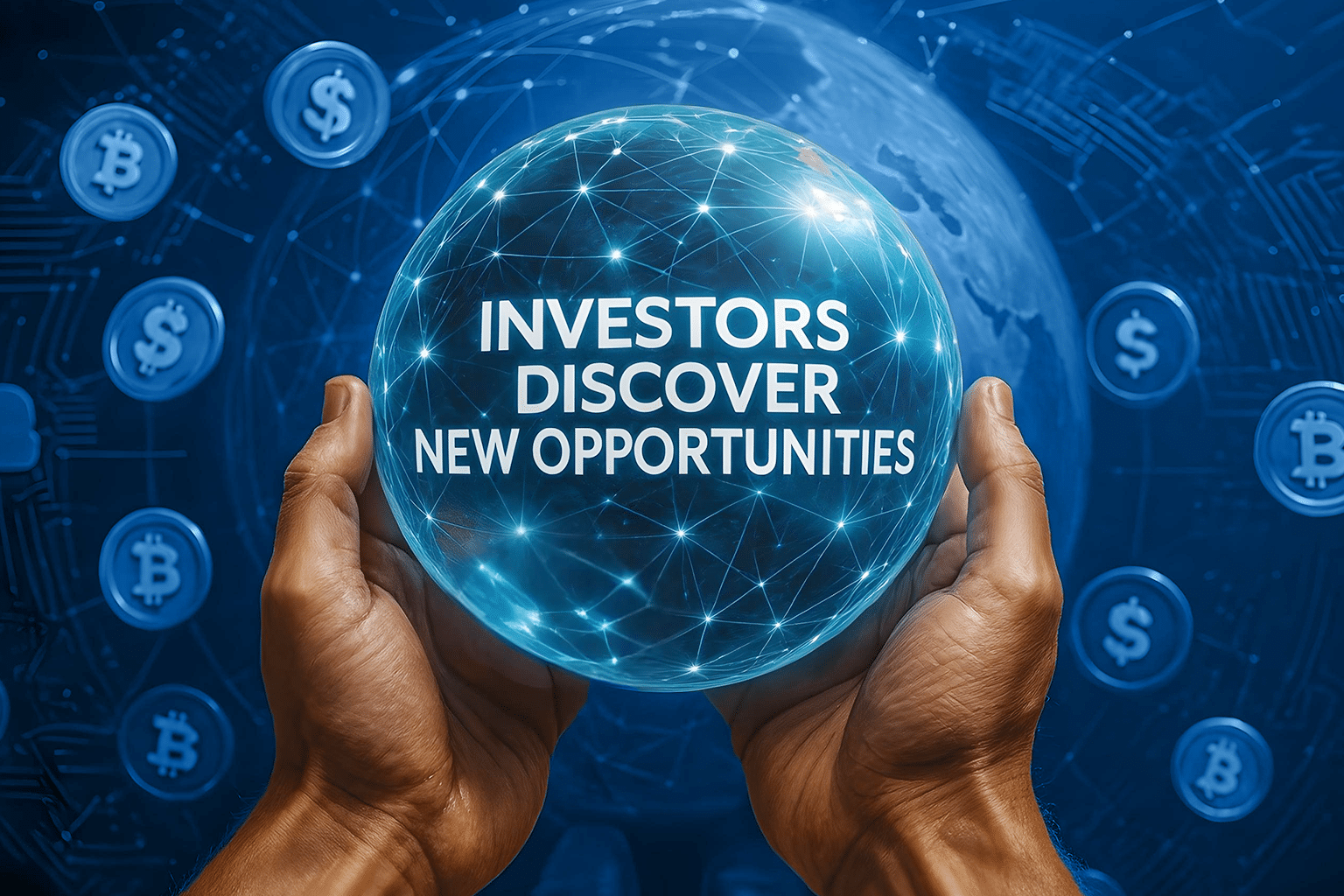SoftBank’s artificial intelligence joint venture with OpenAI is now months behind schedule, according to Reuters. The project, which was announced in February by SoftBank CEO Masayoshi Son and OpenAI CEO Sam Altman, was supposed to launch by summer. That timeline collapsed.
Despite multiple public statements, there’s still no active business. A new update is expected sometime in November, but so far, there’s no clarity on what exactly is holding things up or when the rollout will happen.
The venture, named SB OpenAI Japan, is supposed to be co-owned by OpenAI and a new company formed by SoftBank and its domestic telecom division. The goal is to bring OpenAI’s tools and services to businesses across Japan. It hasn’t happened.
In June, telecom unit CEO Junichi Miyakawa told shareholders that the target to launch was the end of July. He said the product lineup was still under discussion. That deadline also passed, and now, the entire thing’s stuck in development limbo.
SoftBank delays pile up as Son pushes deeper into AI
This isn’t the only SoftBank-backed AI project facing delays. The company’s massive $500 billion data center initiative in the United States, known as Stargate, is also stalling.
CFO Yoshimitsu Goto confirmed last month that negotiations with potential partners are dragging, and decisions on where to build are taking longer than expected. That means Stargate, just like SB OpenAI Japan, is still stuck on paper.
Masayoshi had slowed down his investment pace after losing billions on failed tech bets. Now, he’s back in AI mode, going all-in on new ventures again, with OpenAI at the center of the plan. But the timeline is clearly slipping. Despite all the announcements, neither of the company’s major AI projects, Japan or the U.S., has made it past the setup stage.
Over in the U.S., Sam Altman gave a long interview last week to Tucker Carlson, where he admitted the weight of leading a company like OpenAI is getting to him. “Look, I don’t sleep that well at night,” Sam said. “There’s a lot of stuff that I feel a lot of weight on, but probably nothing more than the fact that every day, hundreds of millions of people talk to our model.”
He added, “I don’t actually worry about us getting the big moral decisions wrong… maybe we will get those wrong too.” What keeps him awake, he said, are the smaller choices in how the model behaves, choices that could still lead to big consequences.
Altman defends power of AI while admitting job losses are coming
Carlson raised concerns about the possibility of generative AI being used for “totalitarian control.” In response, Sam talked about his efforts to push for “AI privilege” in Washington. That means conversations people have with AI chatbots should be protected by law, just like talking to a lawyer or a doctor.
“When you talk to a doctor about your health or a lawyer about your legal problems, the government cannot get that information, right?… I think we should have the same concept for AI,” he said. As of now, that’s not the case. Government agencies can still subpoena OpenAI for user data. But Sam said he’s hopeful that this could change. “I think I feel optimistic that we can get the government to understand the importance of this.”
Tucker didn’t hold back. He said the rise of generative AI could hand Sam more power than anyone else in the world, even calling ChatGPT a “religion.” Sam said he used to be scared of AI centralizing too much control, but now he sees it differently.
“What’s happening now is tons of people use ChatGPT and other chatbots, and they’re all more capable,” he said. “They’re all kind of doing more. They’re all able to achieve more, start new businesses, come up with new knowledge, and that feels pretty good.”
That doesn’t mean the short-term outlook is smooth. Sam admitted AI will probably wipe out many jobs soon. While he didn’t specify which sectors will be hit first, the warning was clear. The very technology SoftBank is racing to deploy in Japan may be the same tech that causes job cuts, even before the venture is fully operational.
Don’t just read crypto news. Understand it. Subscribe to our newsletter. It’s free.
Source: https://www.cryptopolitan.com/softbanks-ai-openai-japan-behind-schedule/


